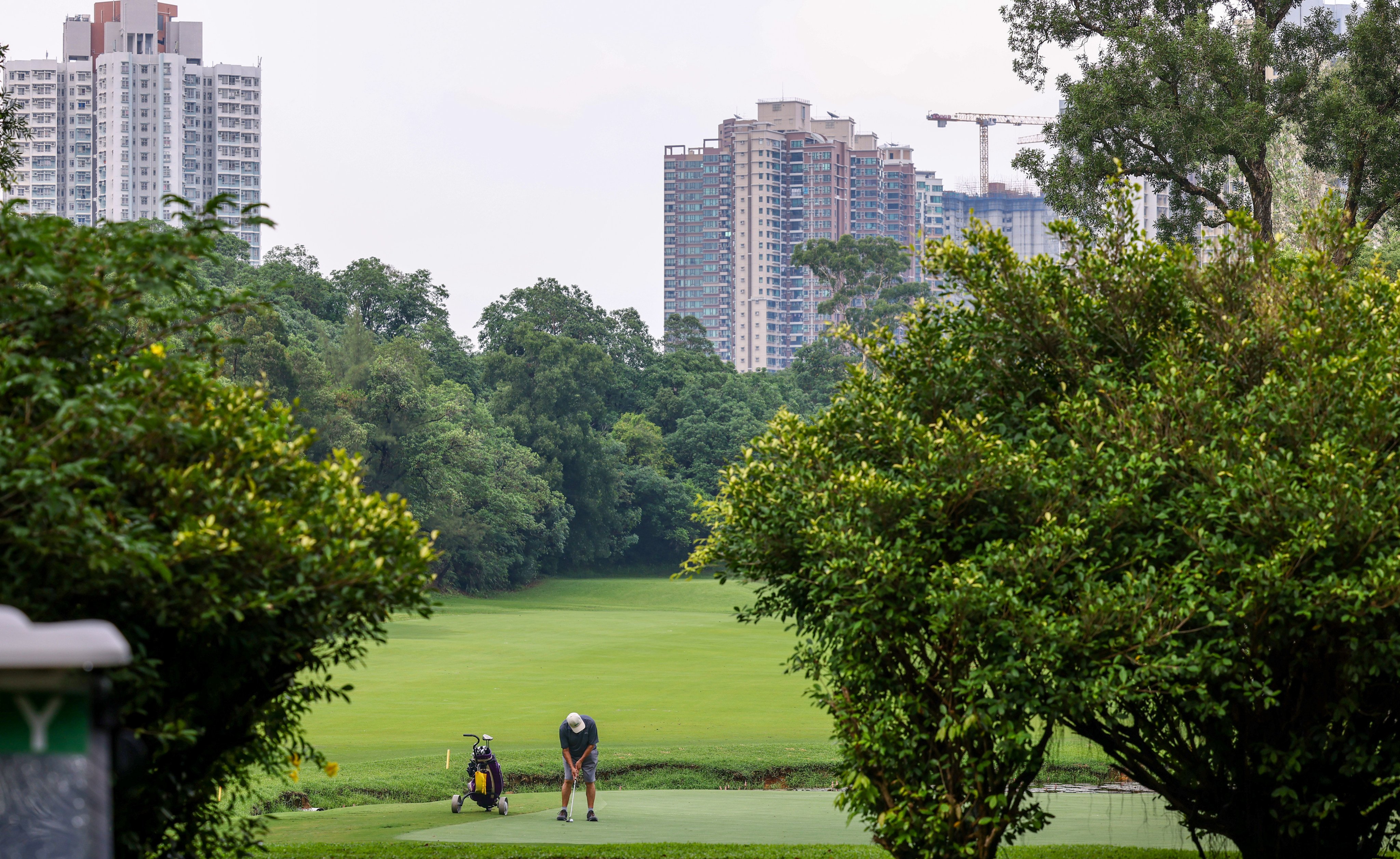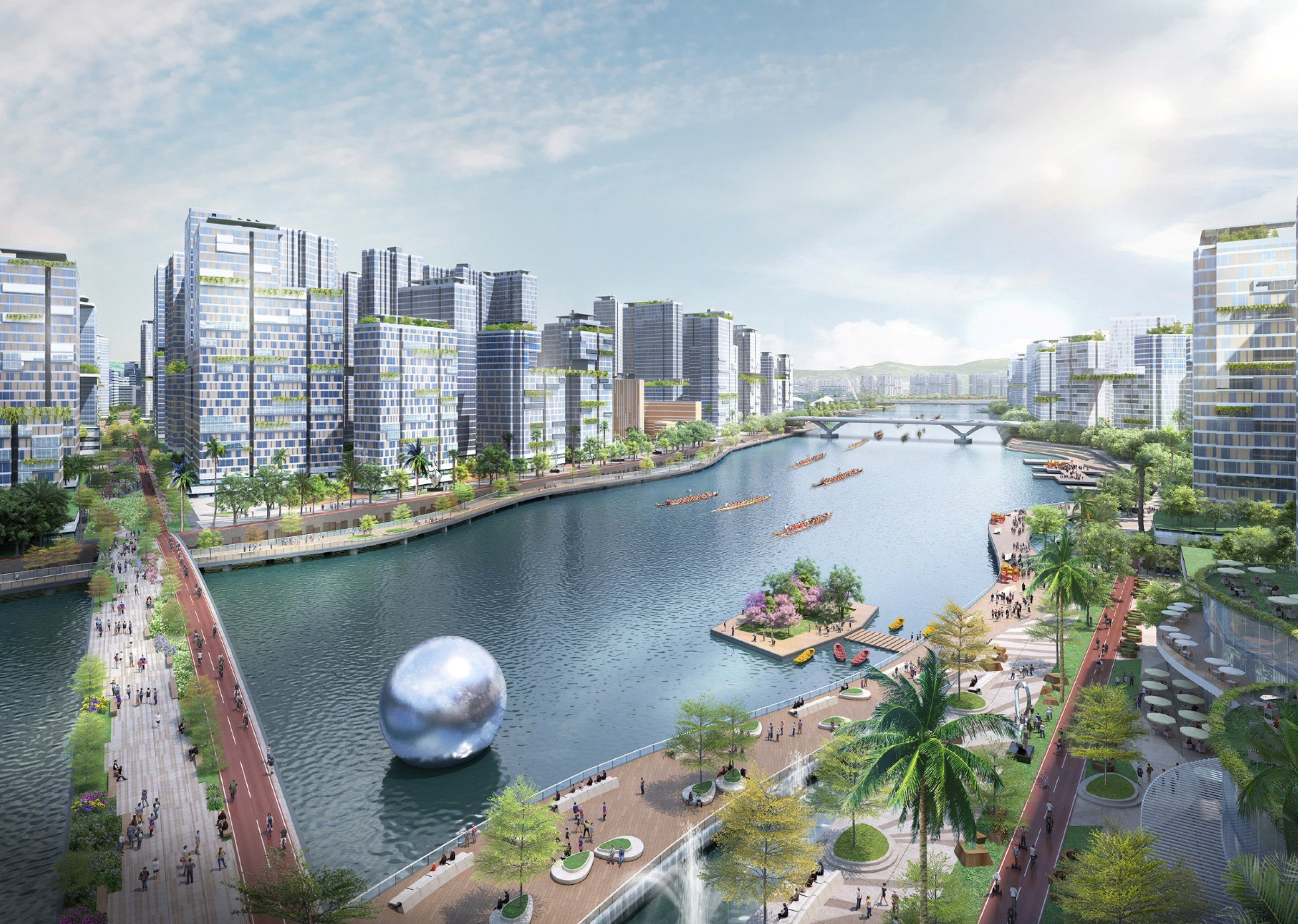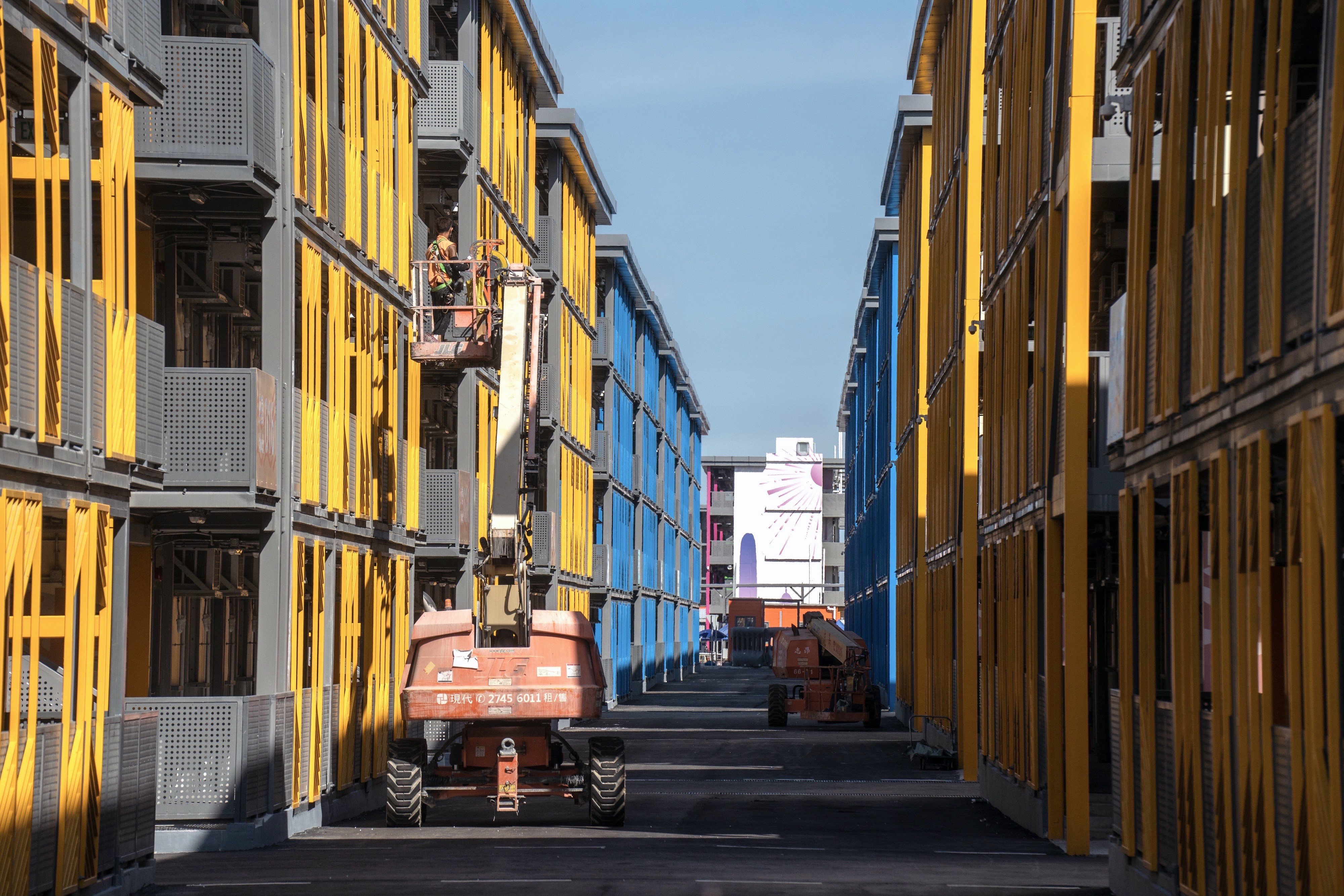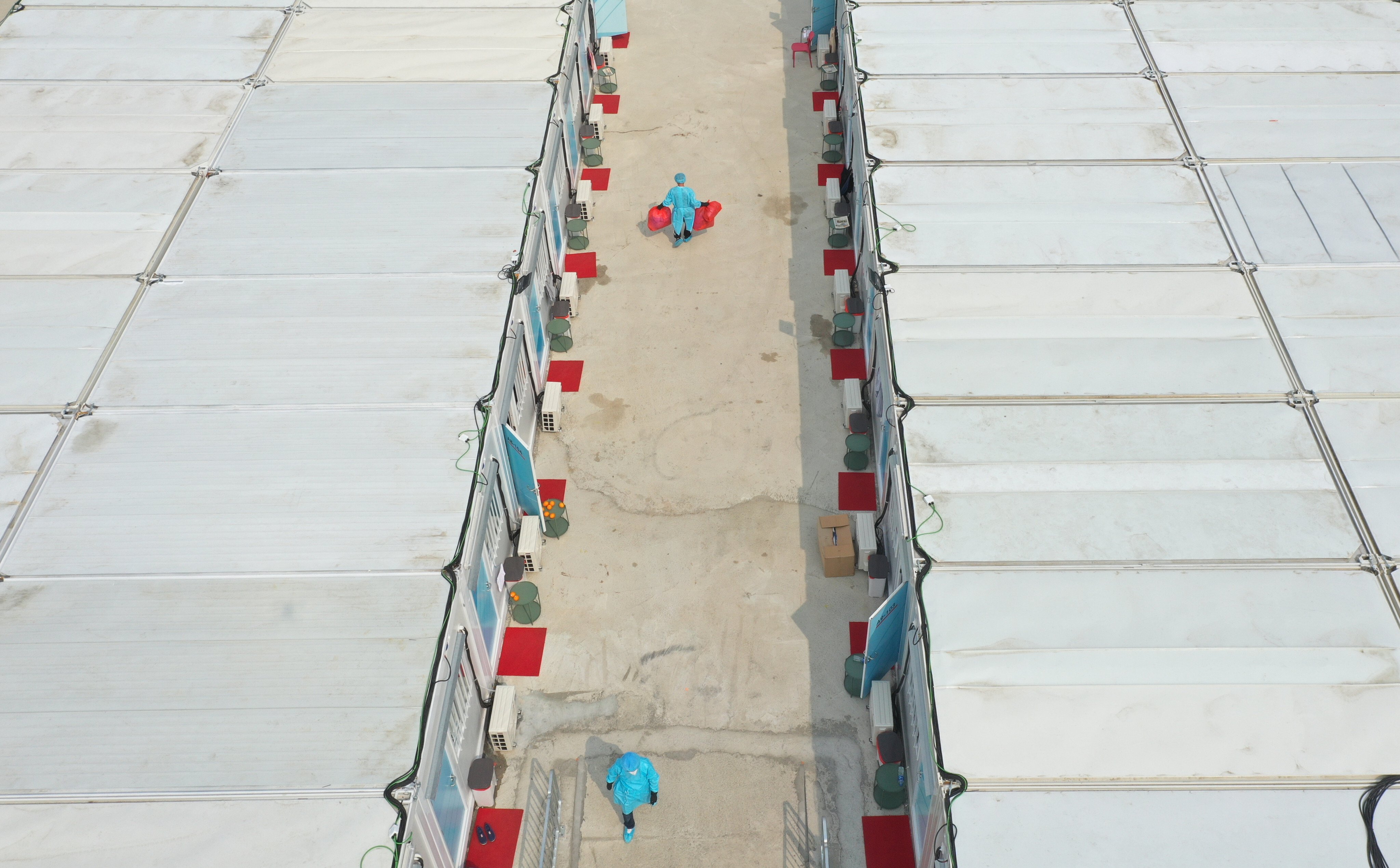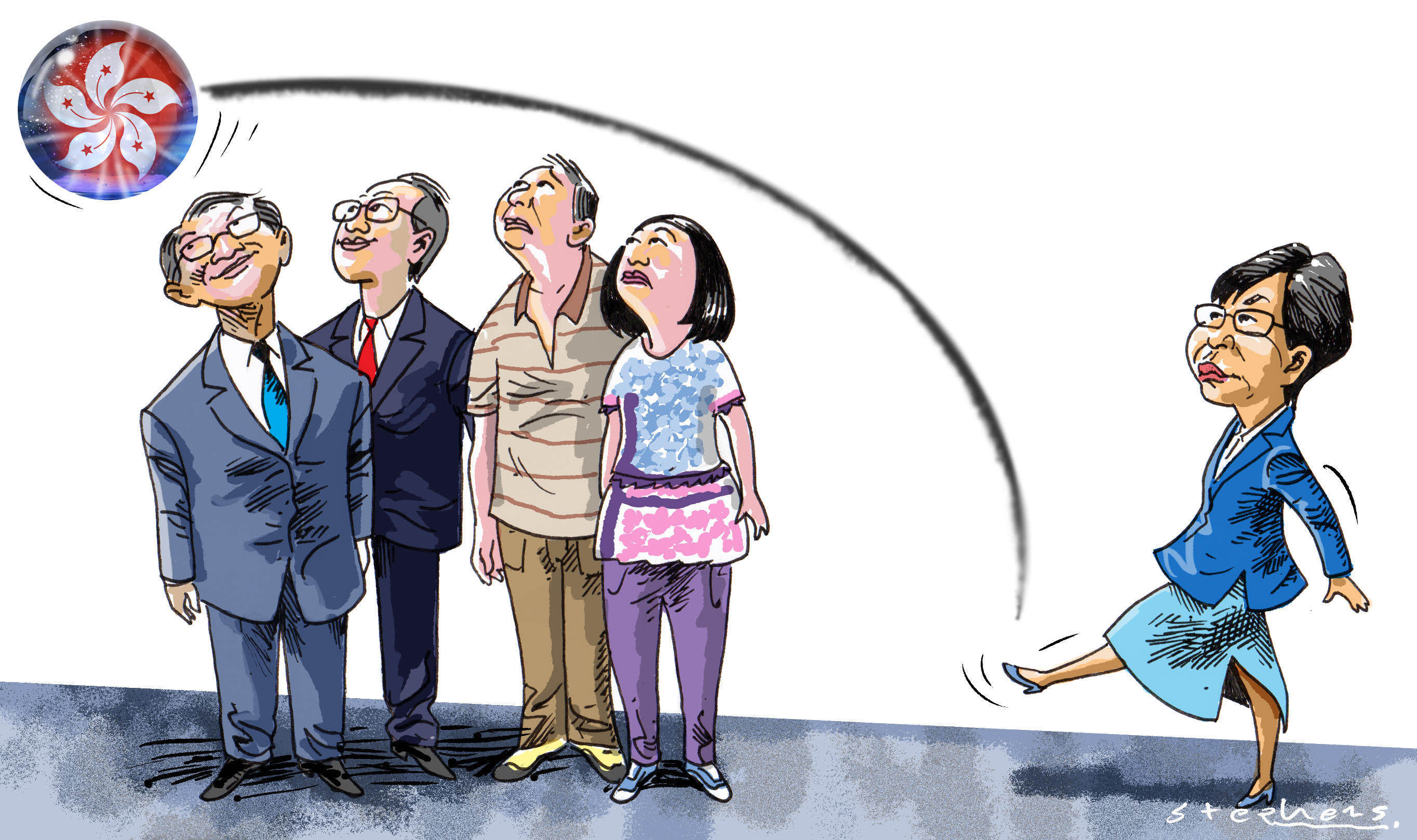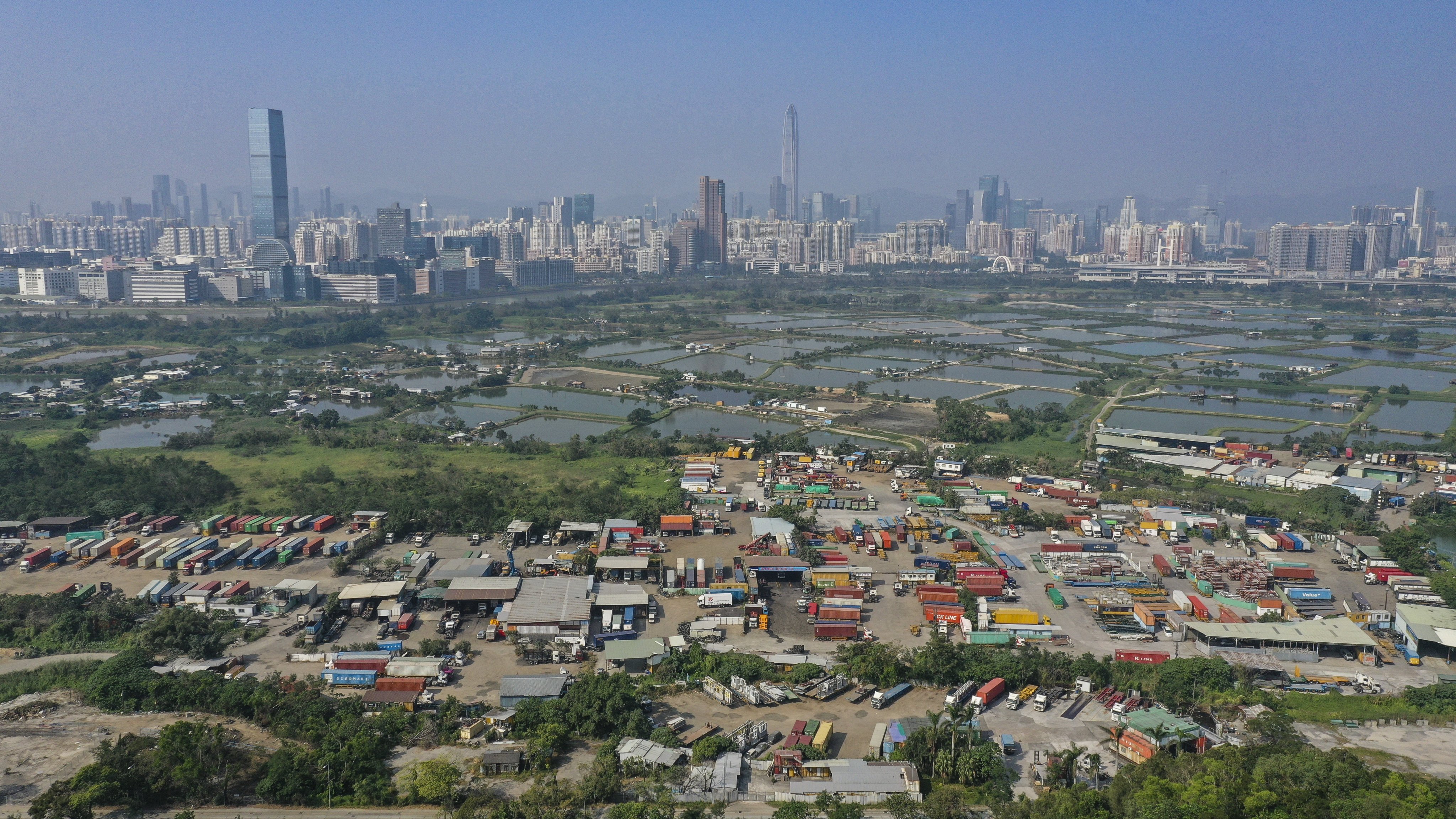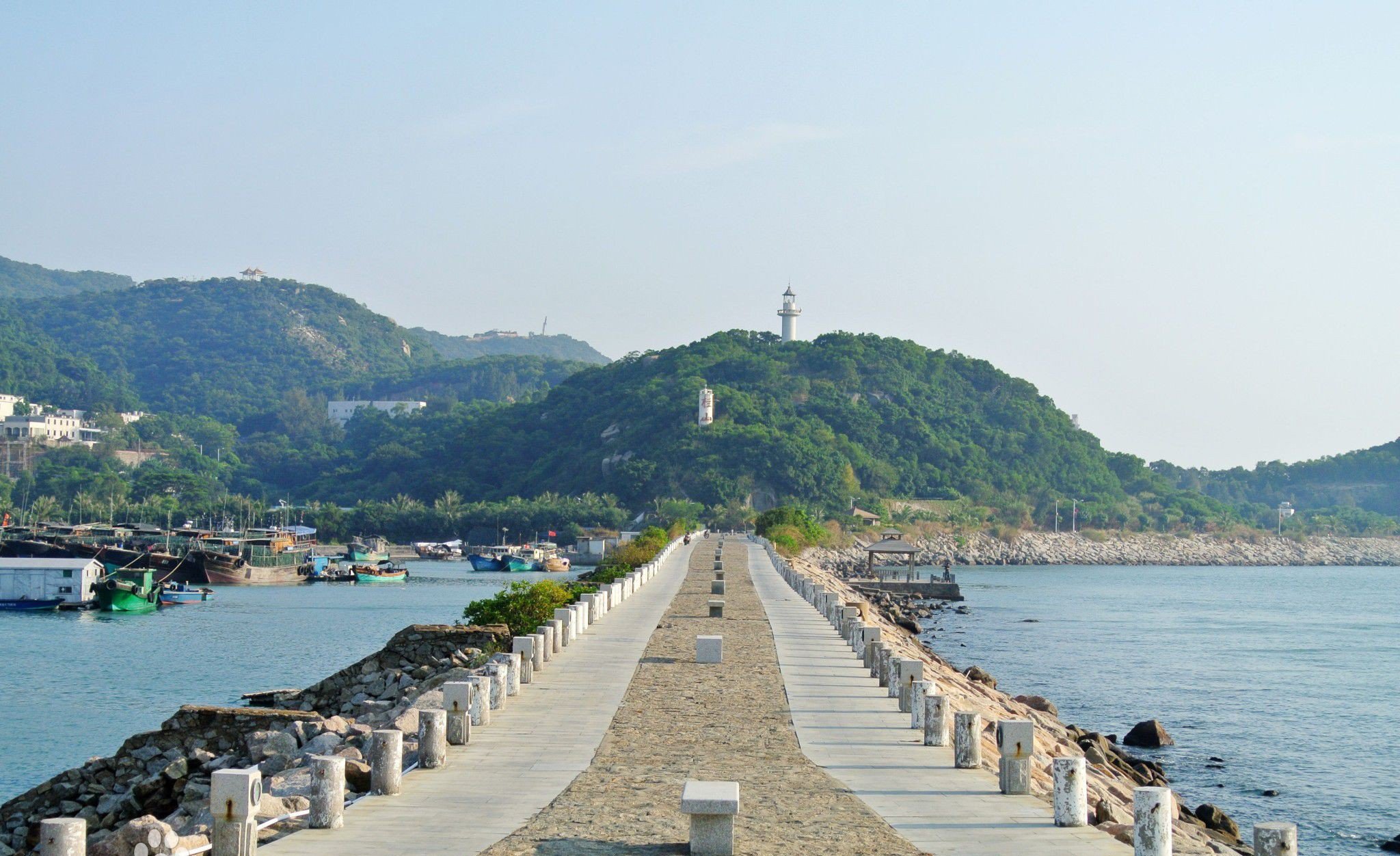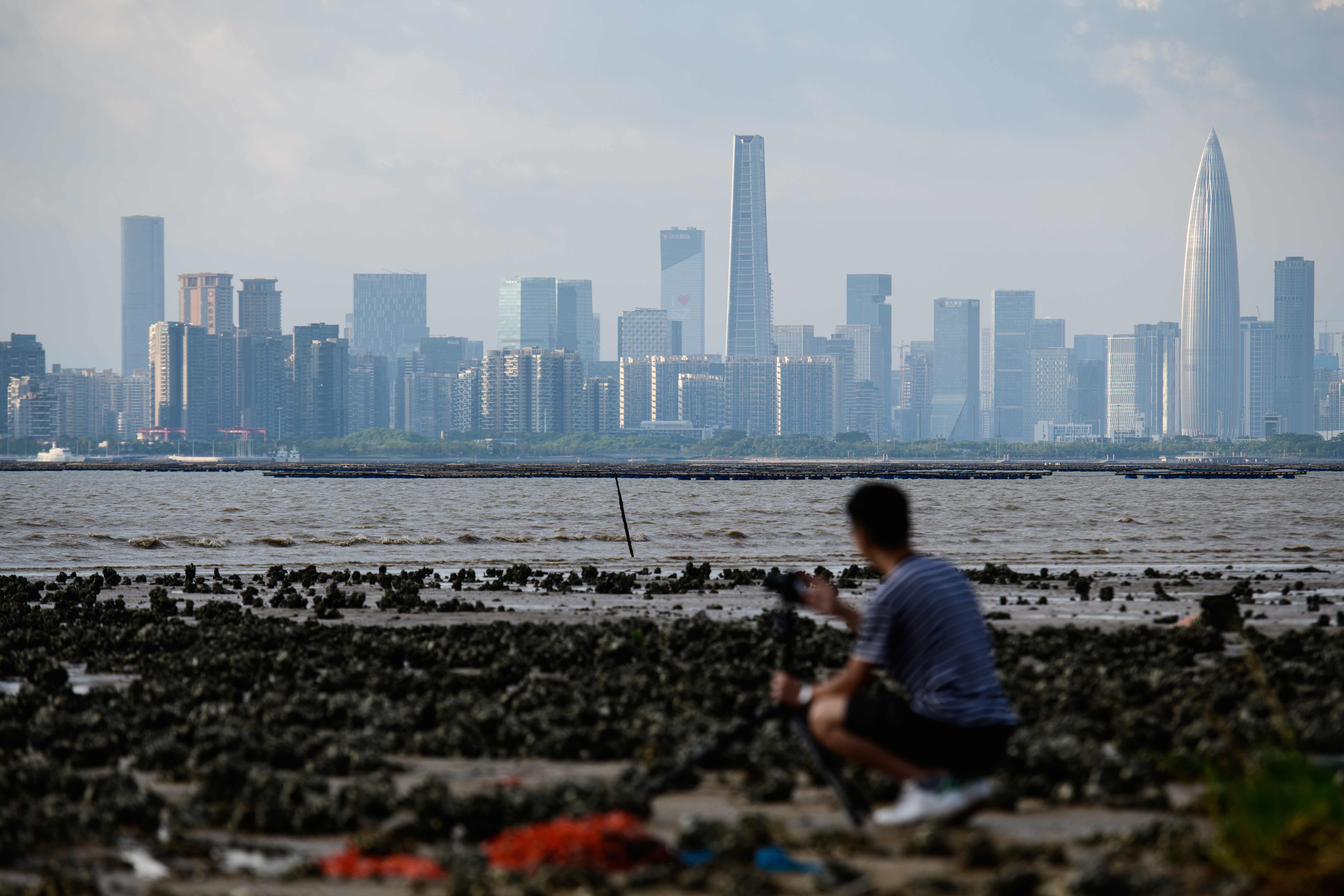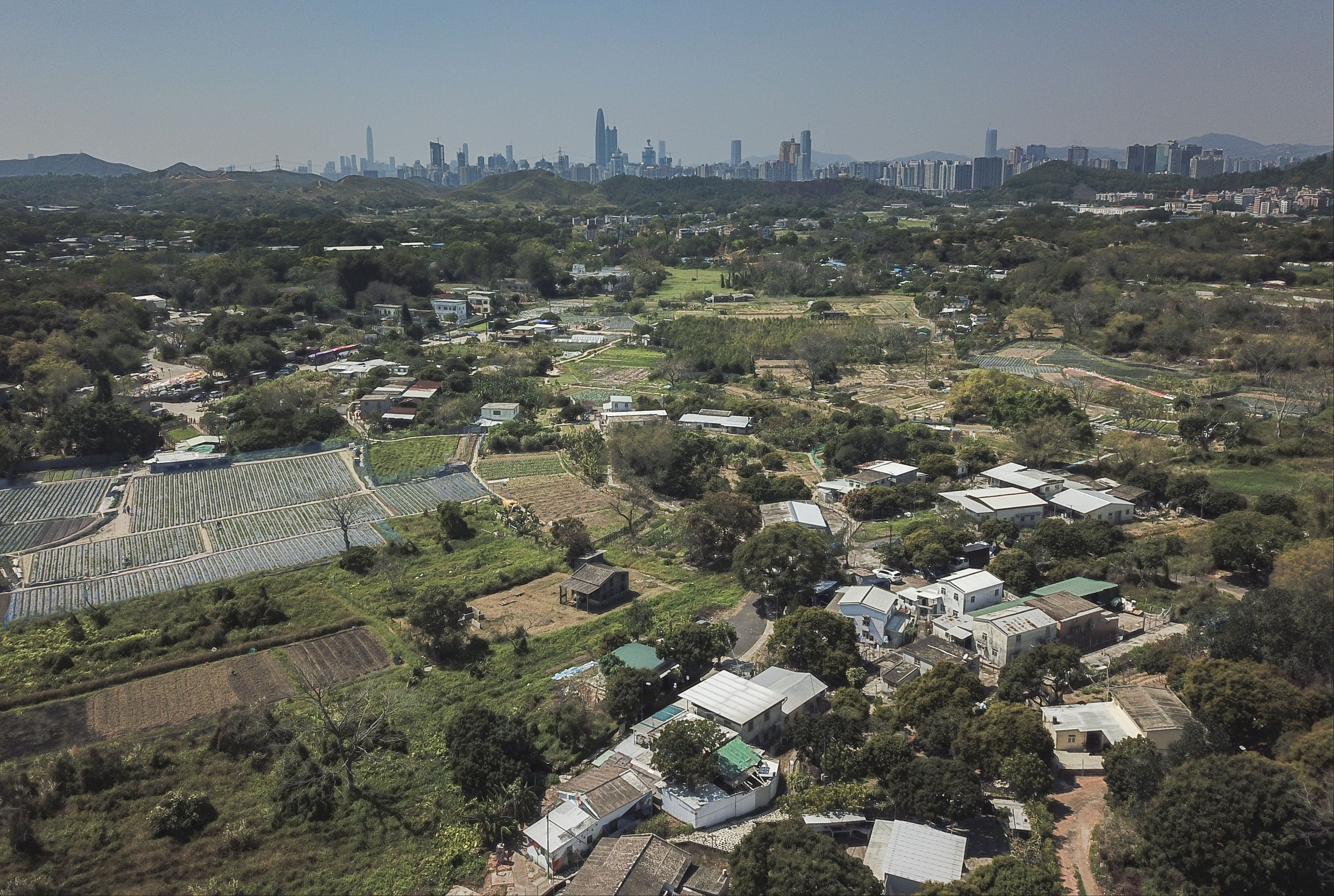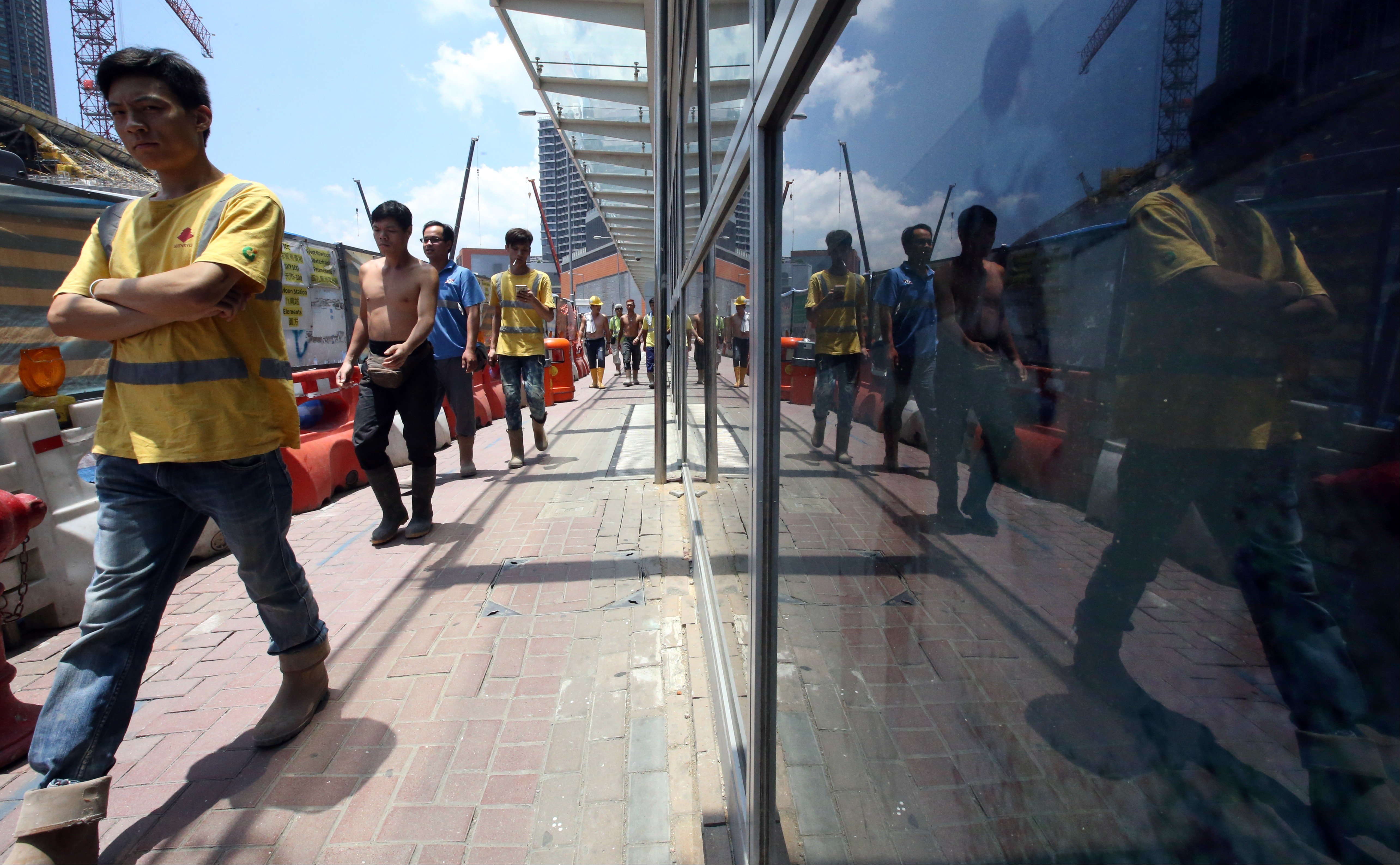Advertisement
Advertisement

Lucy Kwan
Lucy M.S. Kwan is Adjunct Assistant Professor in the Department of Statistics & Actuarial Science, University of Hong Kong. She was lead researcher on “Poor Housing Conditions in Hong Kong” 2008-2012, commissioned by the late Sir David Akers-Jones. She founded The Tanner Hill Workshop, which operates a cross-media platform www.talkrainbow.com for Hong Kong people across the globe to share their ideas for personal and societal advancement. She has also served on the Management Committee of the Boys' & Girls' Club Association for two decades and on the Innovation & Technology Committee of the Hong Kong Women Professionals and Entrepreneurs Association. She holds a BA in maths (1st-class honours) from the University of Hong Kong, and an MSc in statistics from the University of Wisconsin-Madison.
Lucy M.S. Kwan is Adjunct Assistant Professor in the Department of Statistics & Actuarial Science, University of Hong Kong. She was lead researcher on “Poor Housing Conditions in Hong Kong” 2008-2012, commissioned by the late Sir David Akers-Jones. She founded The Tanner Hill Workshop, which operates a cross-media platform www.talkrainbow.com for Hong Kong people across the globe to share their ideas for personal and societal advancement. She has also served on the Management Committee of the Boys' & Girls' Club Association for two decades and on the Innovation & Technology Committee of the Hong Kong Women Professionals and Entrepreneurs Association. She holds a BA in maths (1st-class honours) from the University of Hong Kong, and an MSc in statistics...
Broad support for government decision reflects sense of social injustice, especially with elite clubs paying lower than market rates to rent public land.
The Kau Yi Chau artificial islands plan circumvents land ownership issues that plague the northern New Territories. Not only can environmental and cost concerns be overcome, but the project can also showcase a new home ownership model and attract interest from the wider region.
Subsidised housing prices should be tied to household income, not land premiums, so as to give more families home ownership opportunities. Allowing more people to buy their own homes would ease the government’s burden of providing public rental housing – and boost the economy.
Cruise ships could serve as transitional housing for those waiting for public housing or the redevelopment of their apartments by the URA. The vessels are available at discounted rates due to the pandemic, already have many amenities and can be located near urban areas.
Advertisement
